Helm Of Awe Drawing
Helm Of Awe Drawing - Aegishjalmur is a symbol in viking culture that represents power, protection, and fear. Listed on dec 24, 2023. Embarking on a courageous journey:. Aegishjalmur is a symbol of the viking culture and is most commonly used as a symbol for protection. Web the helm of awe or helm of terror is symbolic of a vague artifact described in the ancient pages of norse mythology that also functioned as a form of magic, spell, or. I draw it often on papers, carve it in candles, and imagine it in meditation. Web the helm of awe is such a sacred symbol from where you can draw great strength from. Web as the most powerful viking symbol of protection, the helm of awe is also used to protect against disease, anxiety, and depression. Norse warriors would often draw the helm of awe in blood on their forehead as a critical ritual before battle. Ægishjálmur), a magical symbol (stave) recorded in an icelandic manuscript in the 1600s. Much more important for viking culture is what it represents. Aegishjalmur is a symbol in viking culture that represents power, protection, and fear. The helm of awe mean a lot for vikings. Web large viking design red ink helm of awe with norse mythos two black ravens tattoo. It is prominently mentioned in the poetic edda, a collection of old. Ægishjálmur), a magical symbol (stave) recorded in an icelandic manuscript in the 1600s. Web what does the helm of awe mean ? Listed on dec 24, 2023. It is prominently mentioned in the poetic edda, a collection of old. Web the helm of awe (icelandic: Web the helm of awe, also known as ægishjálmur, is a powerful symbol in norse mythology. The helm of awe mean a lot for vikings. Web what does the helm of awe mean ? Web the word ‘helm’ means ‘at the forefront’ or refers to an elevated position that oversees all. Aegishjalmur is a symbol in viking culture that represents. Web what does the helm of awe represent? Web aegishjalmur, also known as the helm of awe or helm of terror, is a powerful icelandic magical stave that has been used for centuries. See helm of awe stock video clips filters all images photos vectors illustrations 3d. Web the word ‘helm’ means ‘at the forefront’ or refers to an elevated. It is prominently mentioned in the poetic edda, a collection of old. Aegishjalmur is a symbol of the viking culture and is most commonly used as a symbol for protection. One of the most potent magical runic symbols used by the vikings was aegishjalmr, also known as. Norse warriors would often draw the helm of awe in blood on their. Web the helm of awe (ægishjálmr in old norse) has no meaning by itself. And of course, to make. I draw it often on papers, carve it in candles, and imagine it in meditation. Web this digital drawings & illustrations item by selfmadefabwerx has 24 favorites from etsy shoppers. For the ultimate protection, the norse (particularly women) would draw this. I draw it often on papers, carve it in candles, and imagine it in meditation. Web the helm of awe (ægishjálmr in old norse) has no meaning by itself. Thus, the aegishjalmr really referred to a symbol that was marked on the. It is also one of those. Ægishjálmur), a magical symbol (stave) recorded in an icelandic manuscript in the. I draw it often on papers, carve it in candles, and imagine it in meditation. Web what does the helm of awe mean ? And of course, to make. Much more important for viking culture is what it represents. For the ultimate protection, the norse (particularly women) would draw this symbol between their eyes on their forehead. Web aegishjalmur, also known as the helm of awe or helm of terror, is a powerful icelandic magical stave that has been used for centuries. Helm of awe and viking ship: Norse warriors would often draw the helm of awe in blood on their forehead as a critical ritual before battle. Ægishjálmur, old norse œgishjalmr) is an object in norse. Web the helm of awe or helm of terror is symbolic of a vague artifact described in the ancient pages of norse mythology that also functioned as a form of magic, spell, or. And of course, to make. Thus, the aegishjalmr really referred to a symbol that was marked on the. Web the helm of awe (icelandic: It is prominently. Web what does the helm of awe represent? Web as the most powerful viking symbol of protection, the helm of awe is also used to protect against disease, anxiety, and depression. It is probably the most powerful symbol in the. Web this digital drawings & illustrations item by selfmadefabwerx has 24 favorites from etsy shoppers. Web the helm of awe is such a sacred symbol from where you can draw great strength from. Thus, the aegishjalmr really referred to a symbol that was marked on the. Web the word ‘helm’ means ‘at the forefront’ or refers to an elevated position that oversees all. Web the helm of awe (ægishjálmr in old norse) has no meaning by itself. Norse warriors would often draw the helm of awe in blood on their forehead as a critical ritual before battle. Web the helm of awe or helm of terror (icelandic: Ægishjálmur, old norse œgishjalmr) is an object in norse mythology relating to the hoard protected by the worm fáfnir and. Aegishjalmur is a symbol in viking culture that represents power, protection, and fear. For the ultimate protection, the norse (particularly women) would draw this symbol between their eyes on their forehead. It is also one of those. I draw it often on papers, carve it in candles, and imagine it in meditation. Web what does the helm of awe mean ?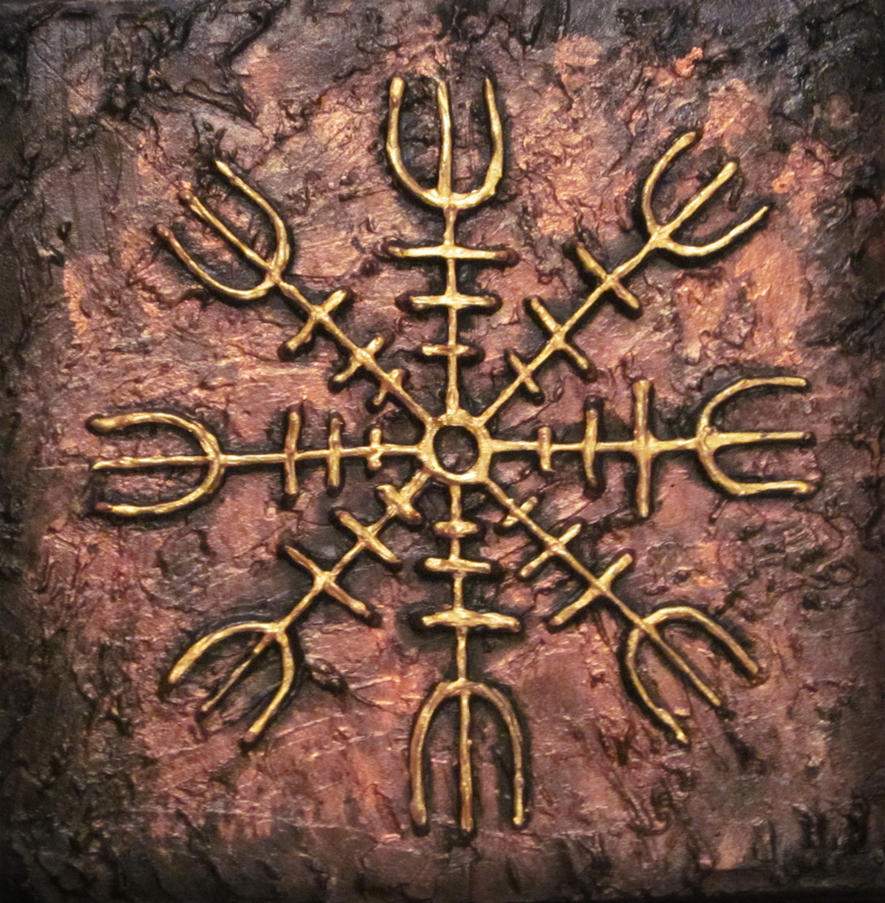
Helm of Awe by hildurko on DeviantArt
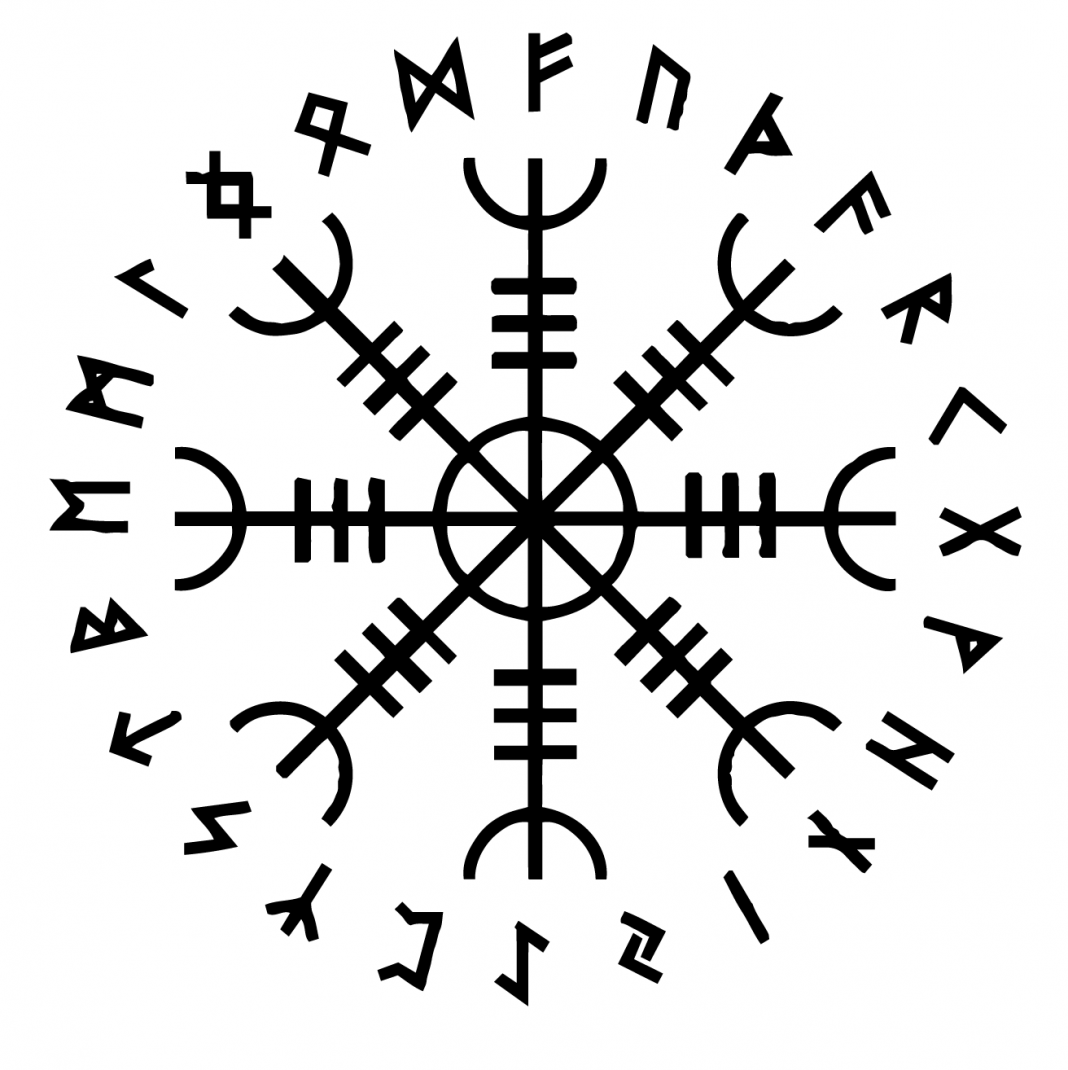
Aegishjalmr/Aegishjalmur, The Helm of Awe Symbol and Its Meaning

Helm of Awe Vikings Pagan Mythology Heathen Ilustração Stock
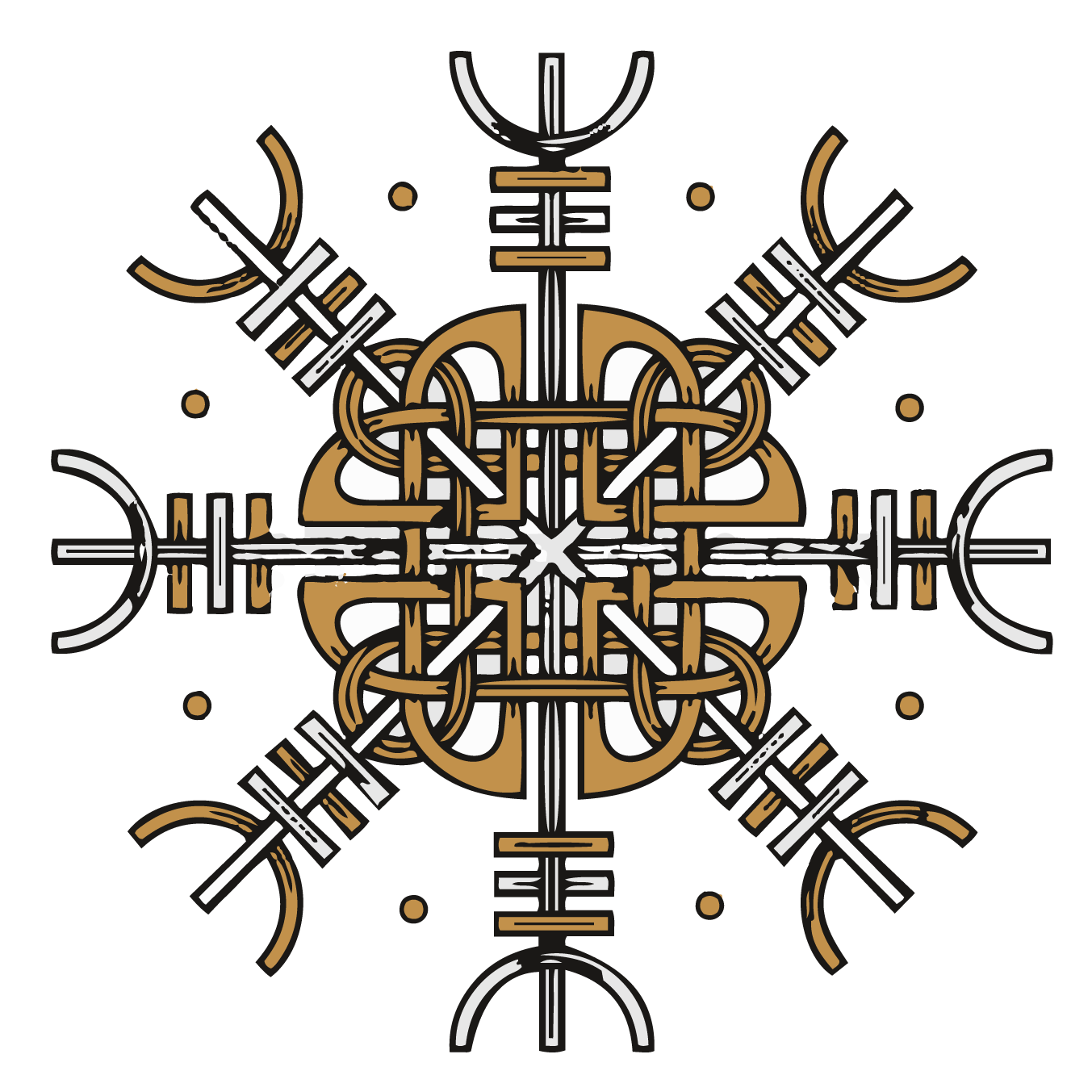
Aegishjalmr/Aegishjalmur, The Helm of Awe Symbol and Its Meaning

"helm of awe drawing" Art Print for Sale by Hunrech Redbubble

The Helm of Awe Know about the famous runic symbol

The Helm of Awe or Helm of Terror (Old Norse Ægishjálmur) is an
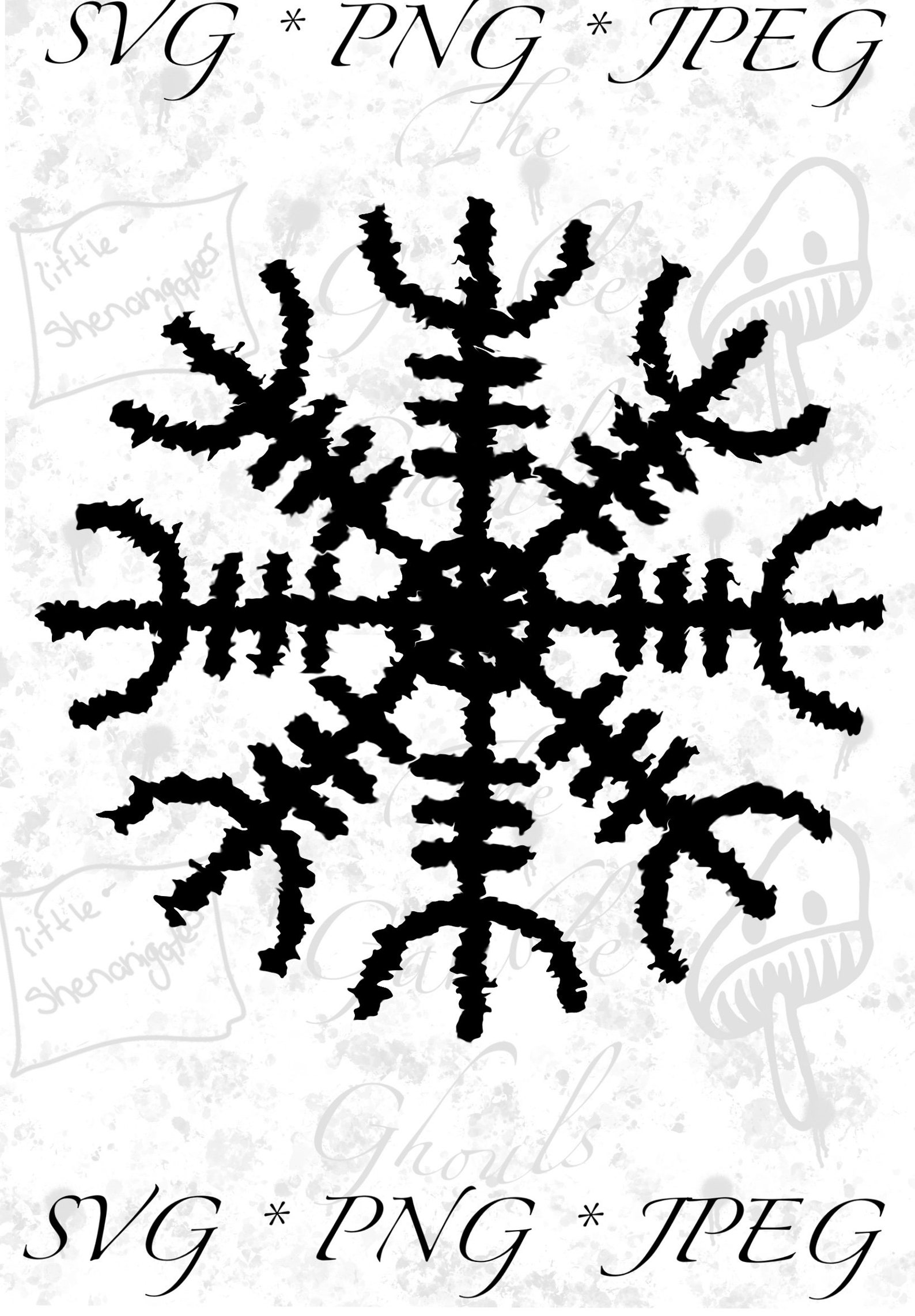
Helm of Awe SVG Download Etsy
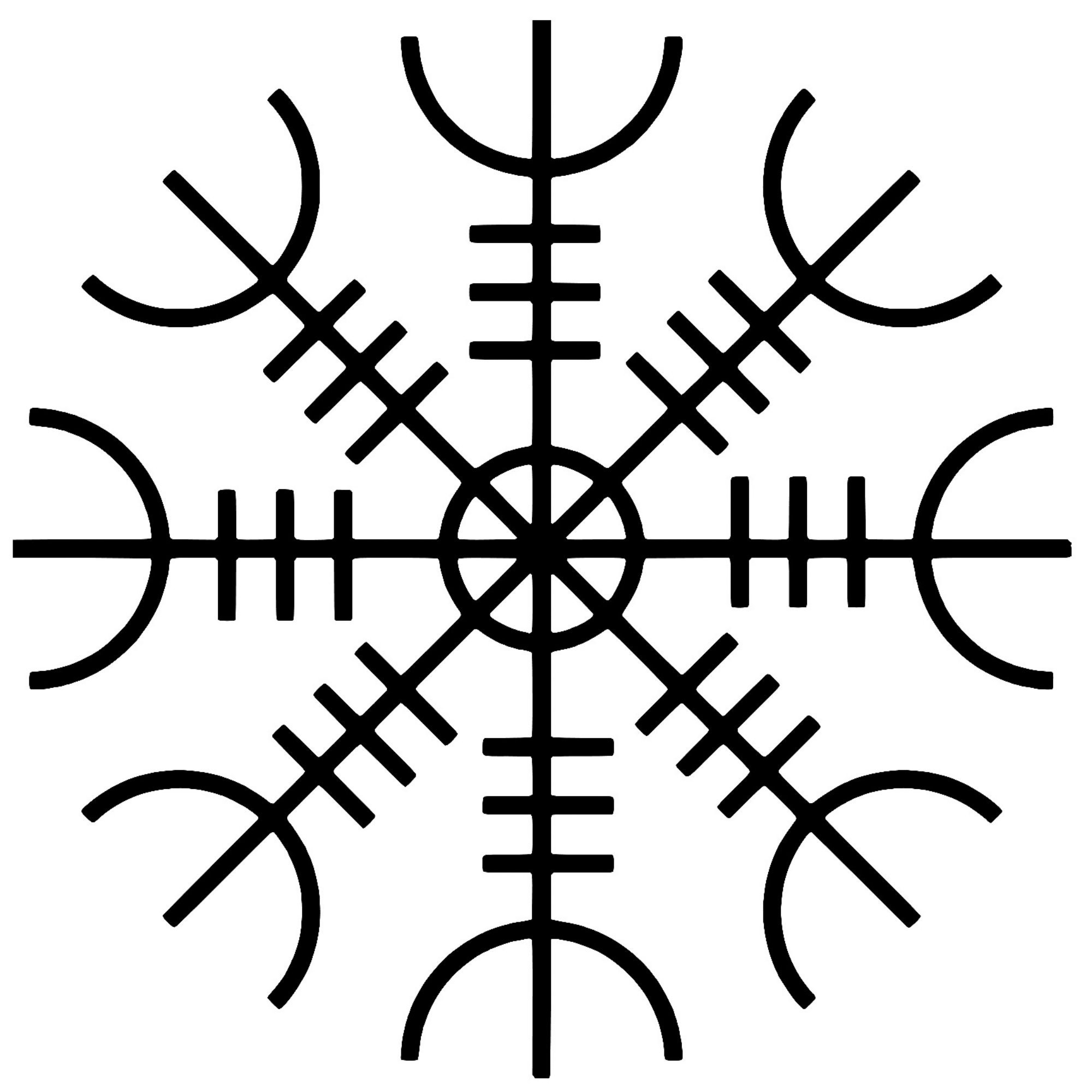
Helm of Awe DECAL Etsy

HelmofAwe by ARap3r on DeviantArt
And Of Course, To Make.
Web Aegishjalmur, Also Known As The Helm Of Awe Or Helm Of Terror, Is A Powerful Icelandic Magical Stave That Has Been Used For Centuries.
The Term Is Attested In The Old Norse.
Ægishjálmur), A Magical Symbol (Stave) Recorded In An Icelandic Manuscript In The 1600S.
Related Post: